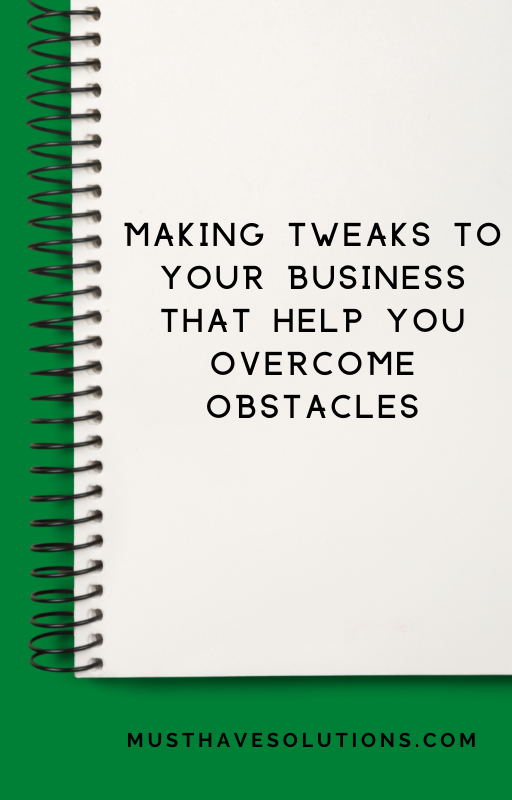
It is not easy to change your mindset, but you can make anything happen with a positive attitude. In other words, having the right mindset allows you to achieve anything you want because you are no longer allowing things or negativity to cloud it.
In contrast, a negative attitude is contagious to those around you. It eats away at your happiness and your will to live or do the things you need to be successful.
Here are five steps to changing your attitude for the better.
Step One: Identify the Problem
First, ask yourself why you are feeling defeatist. What is causing you to have a poor attitude? Is it your environment? The work you are doing or the people you are around? Whatever it may be, there is likely something you can do to solve it once you identify it.
Step Two: Think about What You Can Do to Solve the Problem
Now that you know the problem, find ways to solve it. For example, if you know those around you are causing your poor attitude, take a break and leave the room.
Step Three: Reverse or Stop Your Thoughts
Take a moment to recognize the thoughts you are having. If they are negative, identify what aspects of them are true. They are likely far from the truth or not relevant to your situation. Once you recognize the facts, flip the thought to the opposite.
For example, let’s say you think you are a burden to others. First, take the time to figure out why you believe this and then tell yourself, "I am not a burden because..." This technique can be used for just about any negative thoughts you have.
Step Four: Change Your Environment
It is not always possible to change your perspective on life. However, it is possible to change your perspective on people and things by changing your environment. You can do this in many ways too. Start with small changes such as switching up the type of music you listen to or the television shows. These small changes can lead to much bigger changes in your perspective on life and the world.
Step Five: Be Grateful and Take Action Towards What Matters Most to You
The last and most crucial step is to be grateful for the good things in life and take action towards them. Getting caught up in the negative is easy but it's essential to focus on the good. This means that you should not just sit around waiting for something to happen. Instead, go out there and make it happen.
Be sure to follow these five steps now if you want to change your attitude. A positive attitude is needed to achieve your goals and live a life full of purpose and understanding. You have the power to change as long as you want it and do the work to get there.








